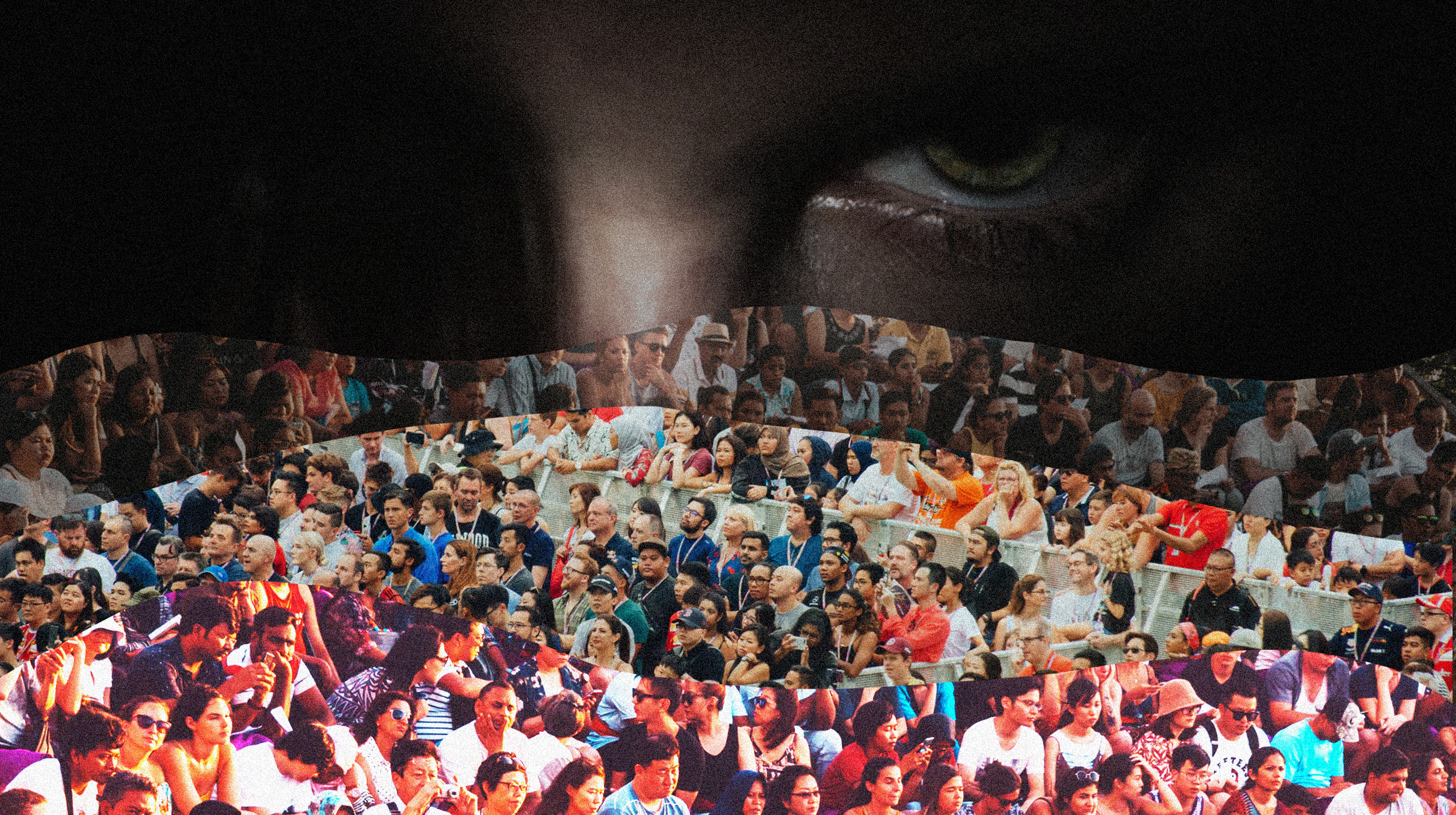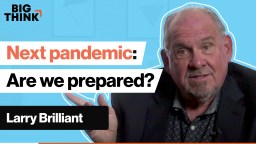medicine
The smart skin can “sweat” like human skin and also self-heal.
Smart bandages quickly identify antibiotic-resistant bacteria, and normal bacteria, in owies.
A conspiracy theory that 90 percent of the world’s population will be killed off spreads widely on pandemic fears.
Technique may enable speedy, on-demand design of softer, safer neural devices.
The physical action of handwashing plus the properties of soap is a one-two punch for the virus.
▸
1 min
—
with
Should pharmaceutical companies pay people for their plasma? Here’s why paid plasma is a hot ethical issue.
▸
17 min
—
with
An overabundance of this particular protein make mice anxious and is found in human OCD patients.
If a patient requires a ventilator, a new study finds they have a low chance of survival.
A recent clinical trial in Brazil highlights the dangers of two potential COVID-19 treatments: chloroquine and hydroxychloroquine.
New research suggests anti-vaxxers overestimate all problems associated with mortality.
Researchers argue that most coronavirus infections around the world go undetected.
Chemical engineers have developed a way to protect transplanted drug-producing cells from immune system rejection.
Research supports wearing surgical face masks to slow the spread of the deadly coronavirus.
What symptoms to watch for, how to get tested, what to do if you’re sick, and when to go to the doctor.
Facing a shortage of medical resources, doctors in the U.S. may have to make difficult moral decisions over how to allocate care.
Researchers figure out the infectious periods of coronavirus on cardboard, metal and plastic.
A new drug derived from scorpion venom reversed developmental damage in mice exposed to alcohol during pregnancy.
Can a real pandemic (such as COVID-19) turn into mass hysteria?
Novel food processing tech promises to lower sodium content without reducing flavor intensity.
The National Institutes of Health hopes synthetic biology can engineer vaccines that outperform nature.
Hospitals are running out of critical face masks as civilians are panic-buying medical supplies en masse amidst the coronavirus global pandemic.
Can the American government stop coronavirus spread? Its past actions speak volumes.
These are the top advances in technology that will impact the world in the coming decade.
Vaccines have done their job so well that anti-vax parents have forgotten the horror of contagious disease.
▸
3 min
—
with
There are many different ways of helping people in extreme poverty. Philosopher Peter Singer explains how you can do it.
▸
5 min
—
with
A deep-learning model identifies a powerful new drug that can kill some antibiotic-resistant bacteria.
Budget cuts to pandemic preparedness put us all at risk.
▸
4 min
—
with
The CDC estimates that more than 210,000 people in the U.S. have been hospitalized by the flu this season.
A new study finds it may take decades or even a whole lifetime to appear.





























